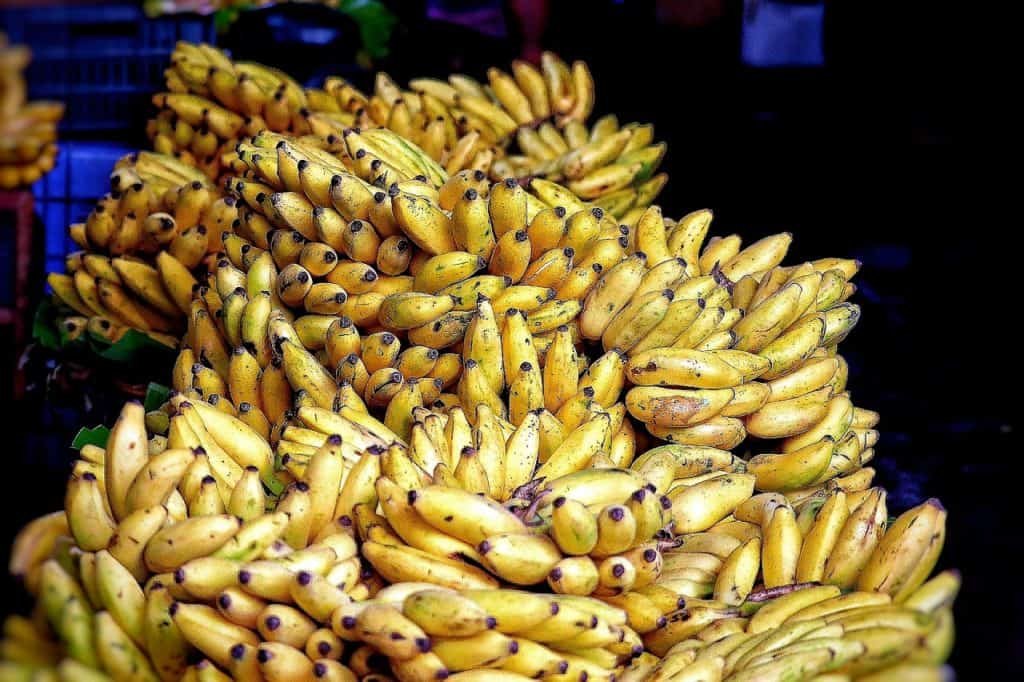Monday, 23 February 2026

Costa Rica has long been celebrated for its lush landscapes, paradisiacal beaches, and unparalleled biodiversity, yet the country’s global influence extends far beyond its natural beauty. Among its most iconic exports, bananas have evolved into a cornerstone of both the national economy and the global food supply. From their modest beginnings in the 19th century, Costa Rican bananas now reach over 45 countries, positioning the nation as the world’s third-largest banana exporter, the third-largest supplier to the European Union, and sixth to Canada. In 2024, banana exports totaled $ 1.189 billion, representing six percent of national exports, one percent of GDP, and a third of all agricultural exports, underscoring the fruit’s economic significance.
The sector is also a critical pillar of social development, generating roughly 40,000 direct jobs and another 100,000 indirect jobs, particularly in rural areas. In Limón, on the Caribbean coast, bananas employ nearly 76 percent of the local workforce, driving social stability and economic opportunity for thousands of families.
Costa Rican bananas distinguish themselves through a steadfast commitment to innovation, sustainability, and traceability. Production adheres to environmentally responsible practices, rigorous labor rights compliance, and high standards of oversight. Since 1992, the Banana Environmental Commission (CAB), a multi-stakeholder body, has guided the sector in reducing agrochemical use, optimizing natural resource management, protecting forests, recycling plastics, improving water systems, and safeguarding occupational health. This integrated approach has made Costa Rica a global benchmark for sustainable banana production.
The industry’s dedication to quality and reputation is further reinforced by the Geographical Indication (GI) “Banano de Costa Rica,” registered in 2011 as the first of its kind in Latin America. The GI certifies the origin, quality, and integrity of Costa Rican bananas, providing international markets with a clear signal of reliability and excellence while distinguishing the country from global competitors.
Looking forward, Costa Rica continues to invest in scientific research, technological innovation, and sustainability initiatives to retain its competitive edge and meet the demands of a changing global food system. Collaborations with organizations such as the Trade & Investment Promotion Agency of Costa Rica (PROCOMER) and the National Banana Corporation (CORBANA) are driving programs in precision agriculture, eco-efficient farming, and social development.
Today, Costa Rican bananas are more than a tropical fruit—they are a symbol of agricultural innovation, social empowerment, and global sustainability. From the heart of Central America to tables worldwide, these bananas showcase how a deep-rooted commitment to quality, the environment, and community can transform a simple commodity into a hallmark of excellence.